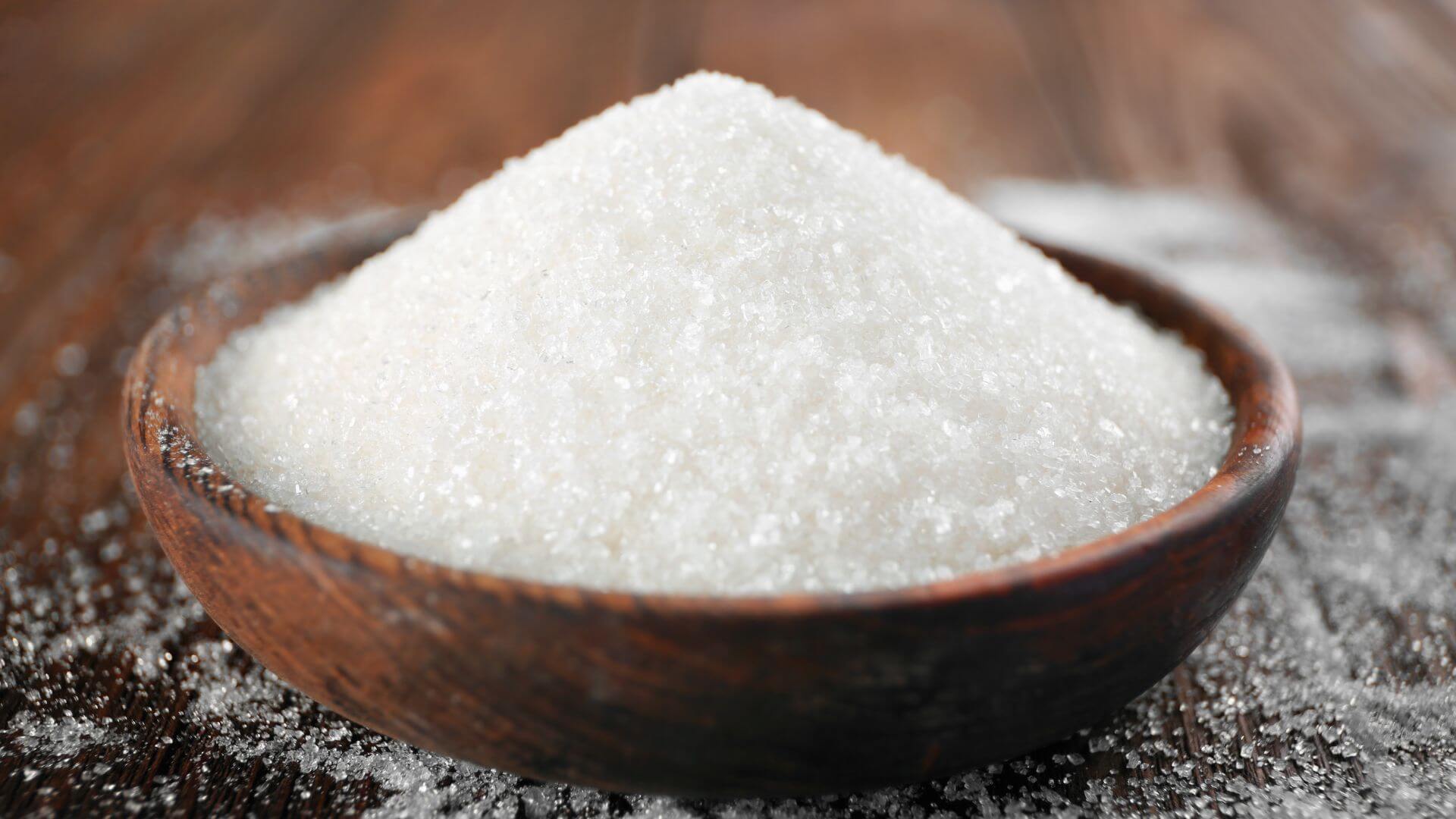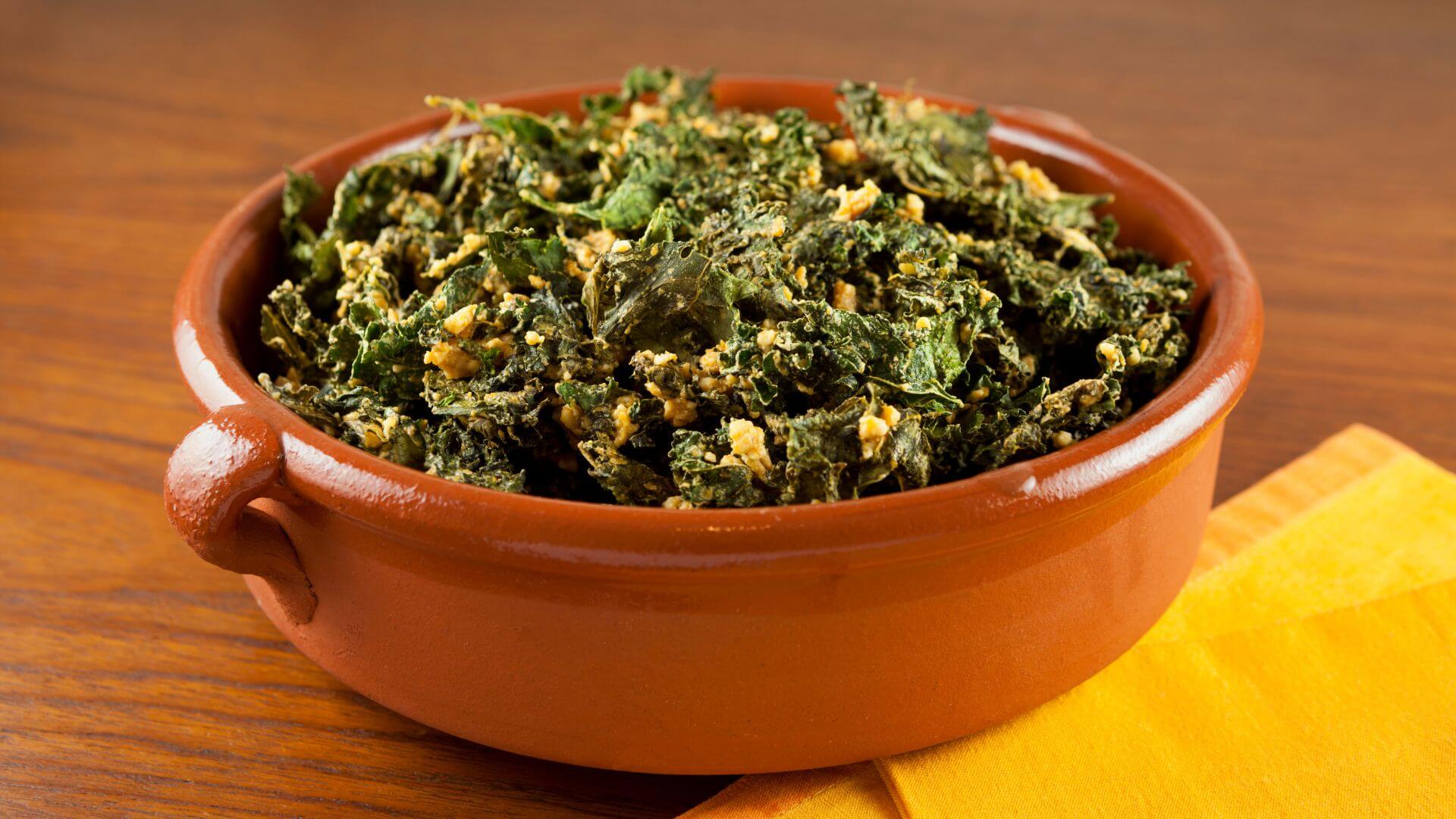Looking to shop for organic produce on budget? The health benefits of organic produce are undeniable, with fewer pesticides, GMOs, and more robust nutrient profiles.
Yet, for many, the higher price tags can be a deterrent. But what if there was a way to incorporate organic produce into your meals without breaking the bank? If you’re on a tight budget but still want to make healthier choices, this guide is for you.
Here’s how you can shop for organic produce without burning a hole in your pocket.
1. Prioritize the ‘Dirty Dozen’
The Environmental Working Group (EWG) releases an annual list of fruits and vegetables known as the ‘Dirty Dozen.’ These are the items that contain the highest levels of pesticides when grown conventionally. By focusing on buying these items organic and getting conventional versions of other produce, you can significantly reduce your pesticide exposure while staying within budget.
2. Shop Locally
Local farmers’ markets can be a gold mine for affordable organic produce. By cutting out the middleman, these markets often offer fresher produce at a better price. Plus, engaging directly with farmers allows you to ask about their growing practices and perhaps strike a good deal.
3. Buy in Bulk
When it comes to grains, nuts, and seeds, buying in bulk can be significantly cheaper than purchasing pre-packaged items. Many health food stores have bulk sections where you can get organic staples for a fraction of the packaged price.
4. Join a CSA (Community Supported Agriculture)
By joining a CSA, you’re essentially buying a share of a local farm’s produce for the season. You’ll receive a box of fresh, seasonal, often organic items at regular intervals. Not only do CSAs often work out cheaper than store-bought organics, but they also introduce you to a variety of produce, encouraging a diverse diet.
5. Grow Your Own
Starting a small garden or even pot-based planting for herbs can drastically reduce costs over time. Seeds are relatively cheap, and with a little time and love, you’ll have fresh, organic produce right at your doorstep.
6. Look Out for Deals and Coupons
Many organic brands and stores offer coupons and discounts to loyal customers. Signing up for newsletters, joining loyalty programs, or simply checking the store’s website can lead to valuable savings.
7. Embrace Frozen Produce
Organic frozen fruits and vegetables can sometimes be more affordable than their fresh counterparts. They’re picked at peak ripeness and then frozen, which preserves their nutrient content. They’re perfect for off-season cravings or for items that might be out of your budget when fresh.
8. Buy Seasonal
Purchasing produce that’s in season is often less expensive and tastier. As a bonus, seasonal foods usually meet the body’s natural nutritional needs for that time of year.
In Conclusion
While organic produce can sometimes come with a heftier price tag, with a little strategy and planning, it’s possible to enjoy the health benefits without straining your finances.
Remember, every organic choice you make, no matter how small, contributes to your health and supports sustainable farming.
And over time, these choices can lead to a more vibrant you and a healthier planet. Happy shopping!





